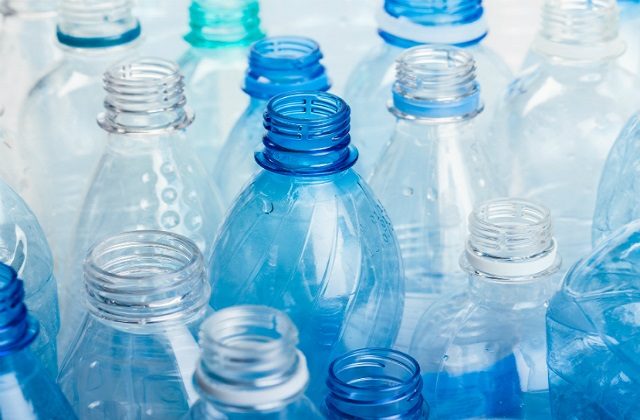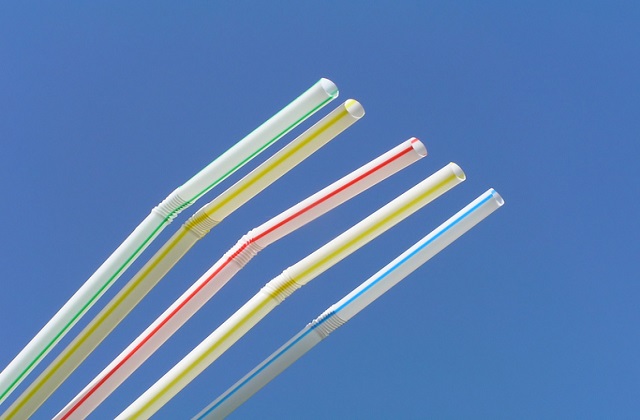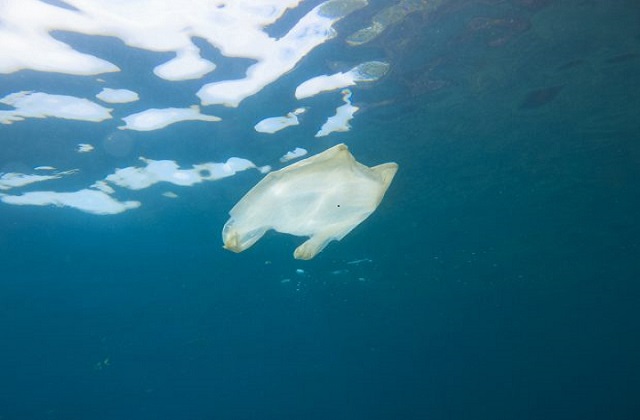Business pledge to cut plastic packaging

There is widespread coverage this morning of the launch of the UK Plastics Pact, which sees major supermarkets and businesses signing up to eliminate unnecessary single use packaging by 2025.
The story features on the front page of the Daily Mail and the Guardian, and in all the national newspapers, plus on broadcast this morning via BBC Breakfast, Good Morning Britain, and the Today programme.
Today 42 businesses, including major food, drink and non-food brands, manufacturers and retailers right through to plastic reprocessors and packaging suppliers have made their commitment to the Pact.
Among the big names to have signed up so far are Asda, Tesco, Sainsburys, Morrisons, Waitrose, M&S, Aldi, Lidl, Unilever, Nestle, Coca Cola, Pepsico, Pret a Manger and Pizza Hut. The full list of companies is available on WRAP’s website.
In total, the Pact’s members are responsible for over 80% of the plastic packaging on products sold through UK supermarkets.
Secretary of State Michael Gove will speak at the official launch of the UK Plastics Pact this evening, where he will be joined by Dame Ellen MacArthur, Founder of the Ellen MacArthur Foundation, and WRAP CEO Marcus Gover.
Environment Secretary, Michael Gove, said:
Our ambition to eliminate avoidable plastic waste will only be realised if government, businesses and the public work together. Industry action can prevent excess plastic reaching our supermarket shelves in the first place.
I am delighted to see so many businesses sign up to this pact and I hope others will soon follow suit.
Ending the sale of plastic straws

Following Government’s announcement last week that it would end the sale of plastic straws, cotton buds, and stirrers following a consultation, Environment Secretary Michael Gove writes in the Evening Standard about his support for their Last Straw Campaign and ending the sale of these items to protect the environment.
It’s the latest move in a government crackdown on plastic, following the plastic microbeads ban hailed as one of the world’s strongest bans, the 5p plastic bag charge - which has led to 9 billion fewer bags distributed, and last month’s pledge to introduce a deposit return scheme, or DRS, for single use drinks containers, including bottles and cans. It sits alongside the 25 Year Environment Plan commitment to eliminate avoidable plastic waste.
Environment Secretary Michael Gove writes in the Standard:
In January the Evening Standard launched The Last Straw, its campaign to cut the estimated two billion plastic straws that Londoners use each year.
Last week the Government took the fight further with a ban on plastic straws, plastic stirrers and plastic-stemmed cotton buds, subject to consultation.
This year in the UK alone, says a report produced for the World Wide Fund for Nature, we will use 42 billion plastic straws, 44 billion plastic stirrers and 13.2 billion cotton buds — more than any other EU member. But the plastic straws we use for about 20 minutes take 500 years to break down.
Thanks in part to the Evening Standard, the UK will help to stem this lethal tide of pollution and support the development of more sustainable options.
Defra tackles marine litter across the Commonwealth

This morning at Defra’s oral questions in the House of Commons, Environment Minister Thérèse Coffey talked about our plans to tackle marine litter.
A key part of this is our £6m Commonwealth Litter Programme, announced by the Prime Minister earlier this month at the Commonwealth Heads of Government Meeting (CHOGM). The programme will see the UK support six countries across the Commonwealth to develop national litter action plans to stop plastics entering the oceans.
Through the programme, a marine litter taskforce will work to boost research capability and data collection, provide workshops, and give training – all with the aim of preventing the scourge of plastics from damaging our marine environment.
Plastic pollution is a global issue which requires international action, and the Commonwealth Litter Programme is part of a wider £61.4 million package of funding the UK has pledged to boost global research and help countries across the Commonwealth stop plastic waste from entering the oceans in the first place.
The UK and Vanuatu are also leading the Commonwealth Clean Oceans Alliance, an agreement between member states to join forces in the fight against plastic pollution – be this by a ban on microbeads, a commitment to cutting down on single use plastic bags, or other steps to eliminate avoidable plastic waste.